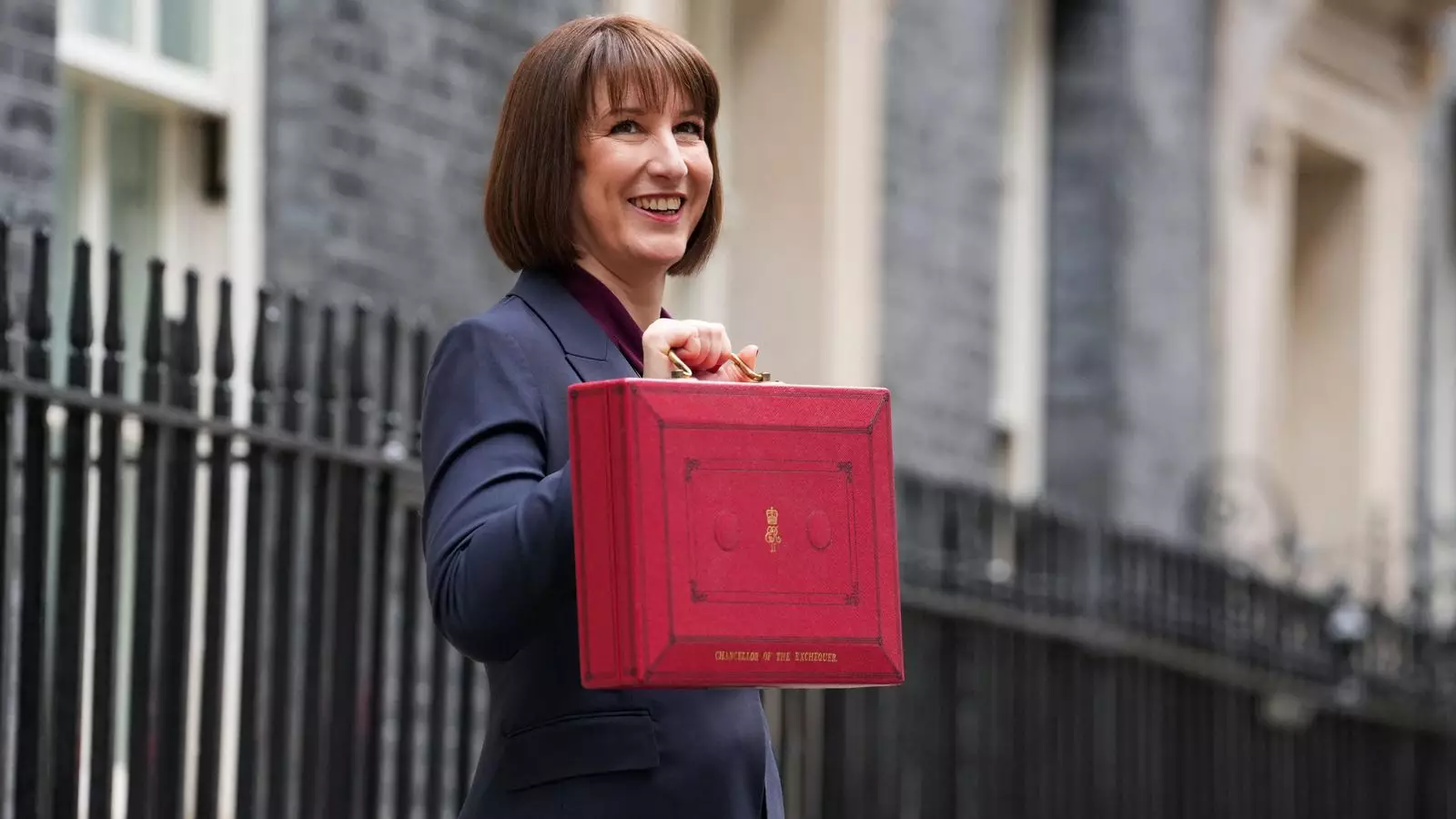In the murky waters of contemporary politics, discussions about rising taxes rarely come with transparency or accountability. Instead, they often lurk behind vague assurances and carefully constructed narratives aimed at masking more controversial intentions. Recent hints from senior government officials point towards an unwelcome reality: a climb in taxation is on the horizon. This is not just a routine fiscal maneuver; it is a strategic move that could profoundly reshape the economic landscape for ordinary citizens. While ministers may claim that they are prioritizing fairness and sticking to their manifesto promises, the underlying confidence in the need for increased revenue betrays a deeper unease with current fiscal policies.
What complicates this narrative further is the subtle yet persistent implication that tax hikes are inevitable, even if they are not openly acknowledged. When officials speak about “being cognizant” of economic challenges, they are essentially preparing the ground for unpopular decisions. The intricacies of budget planning, especially amid a backdrop of economic uncertainty and political turbulence, serve as a justification for sacrificing transparency on the altar of fiscal prudence. The language used—highlighting decisions based on official forecasts and fiscal rules—shields policymakers from facing the public’s ire while silently paving the way for potentially much-needed revenue increases. This atmosphere of ambiguity undermines trust, especially when honest discussions about the true implications of such hikes are avoided.
Political Posturing and the Power Play
The political realm often acts as a battleground for narratives of economic competence and moral responsibility. Opposition voices, like those from the Conservative shadow team, seize on such moments to reinforce their message of instability and mismanagement. They portray any hint of tax increases as proof of a failed government that is weakening the economy, using this narrative to distract from their own shortcomings. Meanwhile, elected officials on the center-left liberal spectrum should be more vocal about the necessity of thoughtful, progressive taxation—not as a punitive measure, but as a means to ensure social equity and long-term prosperity.
The debate about welfare reforms and public spending underscores the delicate balancing act necessary at this juncture. With significant reforms being shelved due to internal rebellions and political pushback, the government faces a tough choice: cut spending in critical sectors or seek additional funds through taxation. It is clear that the latter is more appealing for policymakers keen on preserving core services and fulfilling international obligations, such as military commitments and healthcare priorities. However, justifying tax increases requires more than economic logic— it demands a moral vision rooted in fairness, not merely political expediency.
The Ethical Dilemma of Fiscal Policy
Progressive taxation is often celebrated in more idealistic circles as a means to fund vital social programs and foster equality. Yet, the current political discourse appears to be veering away from this principle, veiled instead in vague promises of fairness. A superficial commitment to this ideal fails to confront the nuanced reality that tax policies must be deliberately crafted to avoid disproportionate burdens on modest-income families. It’s one thing to speak about fairness as a guiding principle; it’s quite another to implement policies that truly realize it.
Furthermore, resorting to tax hikes under the guise of fiscal necessity risks alienating the very sectors that could catalyze a more equitable economic recovery. Heavy-handed increases—particularly if executed without clear, transparent explanations—could engender resentment and economic stagnation. A wiser approach would be to focus on rooting out inefficiencies, closing loopholes, and reforming the tax system to be genuinely progressive. Relying on tax hikes as a first line of defense oversimplifies complex economic challenges and ignores the social and political costs that come with eroding public trust in government fairness.
A Center-Left Reporter’s Perspective on Future Fiscal Strategy
From a centrist liberal standpoint, the current discourse underscores the importance of balancing fiscal responsibility with social justice. While the government must address deficits and mounting costs—especially in the NHS and defense—it should resist the impulse to frame tax increases as the only solution. Instead, the focus must shift towards equitable revenue generation, transparency, and smart investment in growth sectors. Implementing targeted taxes on wealth, closing offshore loopholes, and ensuring corporations pay their fair share are avenues that align with center-liberal ideals, balancing pragmatic governance with social equity.
In the end, the nation faces a crucial decision: will the coming budget prioritize the appearance of fiscal discipline over genuine social progress? Will it rely on hikes that strain the middle and working classes or embrace strategic, equitable reforms that target where the wealth truly resides? This moment defines not just the economic policy of the near future, but the moral compass guiding our society’s collective path forward. As policymakers navigate these uncharted waters, they must remember that the true measure of success lies in fairness and sustainability—not just in numbers on a ledger.

Leave a Reply